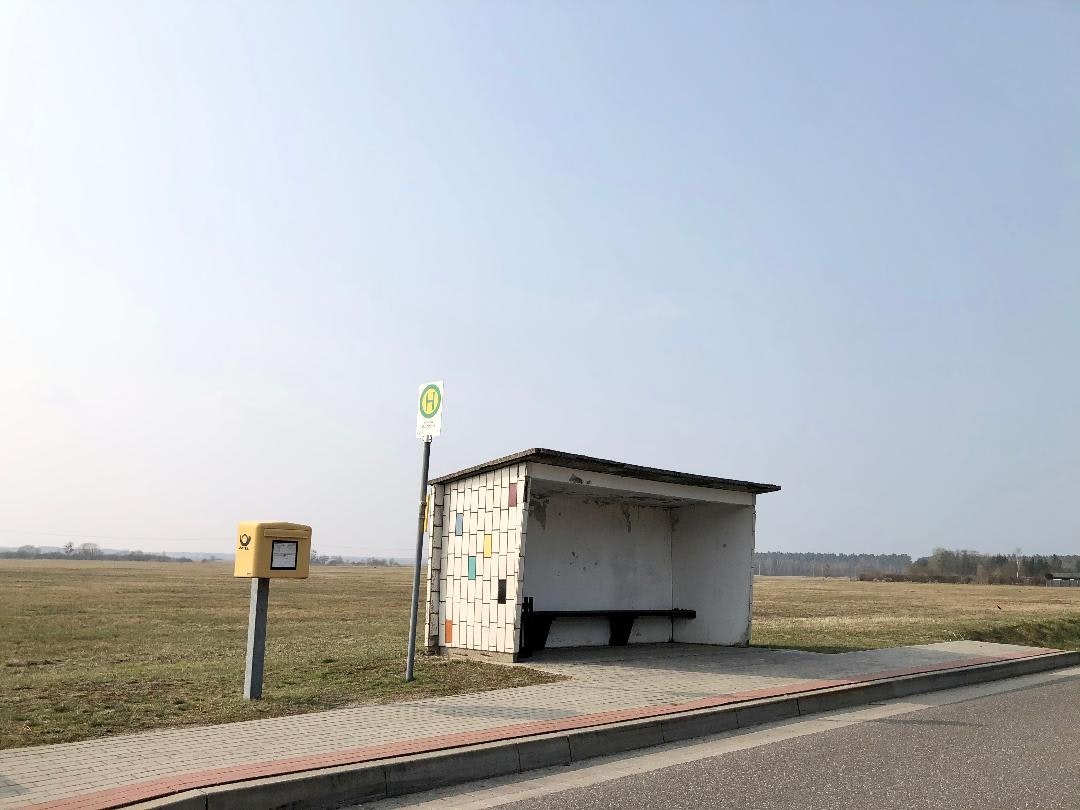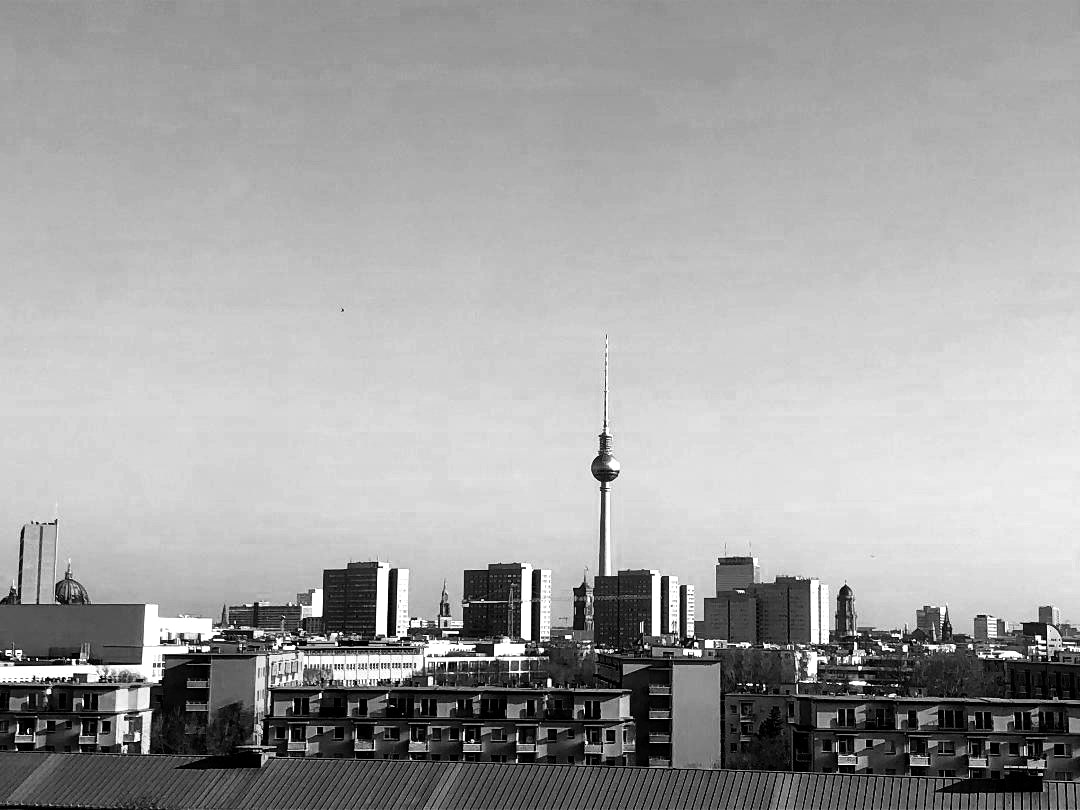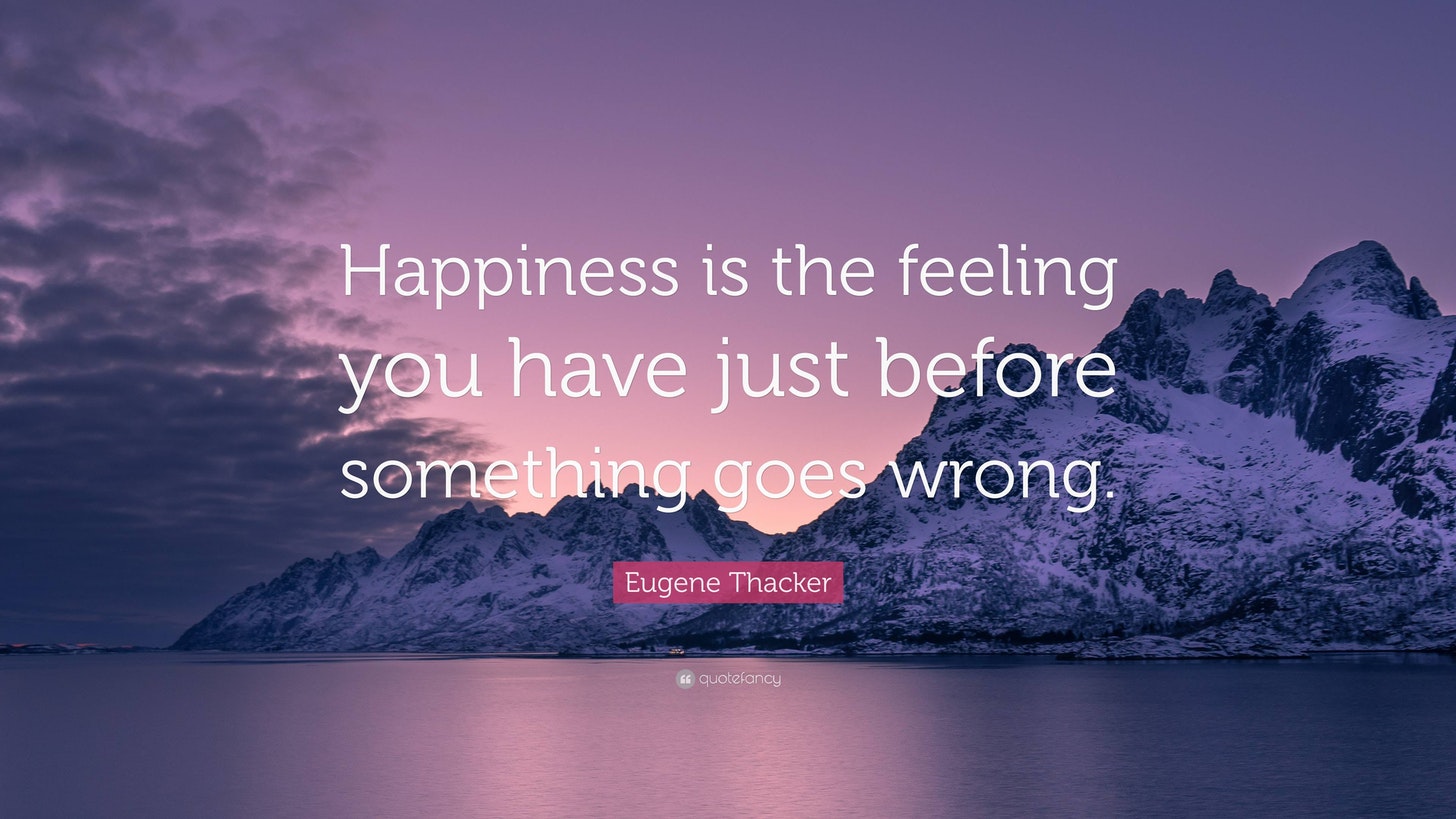Offline Matters: An Interview Series is co-presented with No Fun Mag, a membership newsletter by Jess Henderson, author of the book Offline Matters: The Less-Digital Guide to Creative Work.
Jess speaks with the long-time journalist Sabine Danek on how the field is changing, clickbait-shit, and the onset of ‘pandemic monkey brain.’
Hi Sabine, can you tell us a bit about your life as a freelance journalist—how long have you been doing it for, where are you based, and what kind of assignments do you follow?
Hi Jess, thanks a lot for having me. I have been working as a freelance journalist for over 20 years. I lived in Hamburg for a long time, but for the past few years I’ve been in between Berlin and LA. That’s usually the beauty of working freelance, isn’t it? That you can work from anywhere and everywhere, if you want to. Often when I have assignments in other places, I stay a little bit longer to explore. That’s when that was still possible of course.
Originally, I studied art history and film. Then when I went into journalism, I began as a print journalist. However, for the past 15 years half of my work has been online journalism as well.
As you know, I write for the design magazine Page (where we got to know each other,) and I’ve written travel guides for the Süddeutsche Zeitung (Germany’s largest broadsheet newspaper). At present I’m writing about art for a few different publications.

From Lockdown Impressions: A Roadtrip Near Berlin by Sabine Danek
I’m at home in both worlds; online and print journalism. I love the storytelling and the big bow you can tie within reportages, illuminating a topic extensively from many sides, but I also like the fast and current properties of online journalism—that comes with a certain excitement. If we were to talk in terms of fulfillment though, I definitely prefer being in something for the long haul.
We connected over Offline Matters and it seemed a lot of the thoughts in the book resonated with your experience in journalism. I remember in our last conversation, you agreed that the sense of boundless creativity was being hindered, with the personal anecdote that you are often instructed to title pieces to be ‘clickable’ (I guess like clickbait?) and search result driven. Can you tell us a bit more about how you feel your work has been affected or limited in recent years? Was there a notable transition?
I remember in the early days of online journalism when I wrote about art for Spiegel online, they treated the texts for online publication exactly the same as they did those for print. Back then, all the monitoring tools that count clicks and dwell times didn’t exist to the same extent; people were concerned about quality content rather than algorithms.
That has changed a lot in recent years. Speaking from experience, I would say that for almost all online publications the concern is mostly with the latter. SEO-optimized writing has taken hold, because everyone wants to be at the top of Google’s search results. This changes the writing. Absolutely. It 100% makes it less free—from the writer’s side.
I must admit that it is also nice sometimes to see in real time how an article performs after it has been published online. But all in all, the internet is a monitoring tool—everything is quantified and evaluated, every action is registered. The process of adapting to this in writing was gradual. It was slow but steady. Now it has less and less to do with the beauty of the language or with its possibilities.
“…You’re no longer writing only for the reader. You’re writing for the algorithm.”
— Sabine Danek
Whether it’s in buzzwords, the use of sub-headlines, or the constant repetition of certain trigger words, you’re no longer writing only for the reader. You’re writing for the algorithm. The same goes for the choice of topics. What becomes obvious is that if focus is only on numbers (i.e., on the greatest common denominator) invention falls by the wayside and you go round in circles with the tried and tested.

From Pandemic Walking Berlin by Sabine Danek
From this position, how does it feel to lookout at the future of journalism? What does the current vision look like for you?
This is an interesting question. A great question, but a difficult one. At first glance, the future of journalism certainly doesn’t look particularly bright. On the other hand, I remain a believer that journalism is essential and that there is a desire for quality. My confidence is that that will prevail. Offline and online. Perhaps that is naïve. But let’s do a mental exercise and humor the question, what would replace independent journalism?
Certainly, there will be more content online that you have to pay for, there will be more multimedia formats, magazines and newspapers will evolve further into brands, working to expand into the education and event sectors. And without doubt, there will be fewer of them. Beyond these foresights, I cannot develop a more precise vision. I’m not strategic enough for that. What I cling to is the idea that quality is resilient, needs to be paid for, and will be profitable in whatever format it eventually reaches the reader.
Reflecting on what has now been a year of the pandemic, how was your work and working experience effected? I get the sense things have become somewhat intense and stressful.
I have to say that I consider myself really, really lucky. Of course, it’s a bummer for me not to travel. I’m homesick for the big wide world! At the same time, I’m attempting to find interest in being a single place for so long. I’ve discovered so many new corners of Berlin. The past few days we have been zigzagging through the city and looking at architecture, from Gothic to Bauhaus to postmodernism.
It’s fortunate that I have a lot of work to do. Is it strange to say that has helped during this time? It has helped me to handle the bleak aspects of the pandemic, the high numbers of infections and the little progress. Overall, not much has changed for me as a freelancer, since most of the time I am at home behind my desk anyway.
What I miss painfully is outside inspiration, new impressions, and signs that the world is turning on. Sitting in a restaurant or café and people watching, seeing what passersby are wearing, what new styles arise, picking up on topics or trends, etc. I long for that very much—for myself and for my work.

From Roadtrip Around Berlin by Sabine Danek
No matter how much I can click my way through the internet, it’s not the same. Whilst immersed in a webpage—not a single overheard sentence blows by, no clouds of scent. There is no sense of serendipity. Any special atmosphere, one lively and interesting all around you, is absent.
I agree about this sense of life-sterility. As for novelty though, you coined one of my favourite phrases that I suspect summarises how many people are feeling at the moment (pertaining to a certain new cycle of overwhelm): to suffer from “pandemic monkey brain.” What is the experience of pandemic monkey brain—what is causing it and how does it feel?
Oh, the Monkey Brain! It’s even getting worse, Jess. Two weeks ago, I had to write a portrait about a really exciting artist, and I could not focus. Zero concentration. My thoughts overlapped like a monkey swinging hand over hand, branch to branch—non-stop with no apparent goal. It was maddening.
I couldn’t get into the text, to reach that point where you are in the midst of it and its rhythm. That space where you forget time and everything else. You may be familiar with this state as a writer too. I believe some call it ‘flow.’ It’s inimitable, and what happiness it gives when you are writing. Eventually I managed to get the piece done, but it took a really long time. A really long time.

Out My Window: View From my Flat Today by Sabine Danek
A couple of days ago somebody shared an interesting theory about these ‘monkey’ thoughts with me. They suggested that—as we know—human beings are genetically programmed to flee in cases of emergency, but during this pandemic we are forced to do just the opposite. We cannot flee. We have to stay put. This means we are in permanent conflict with that instinct, that in turn unconsciously wears us down and robs us of concentration. Who knows if that is scientifically (or otherwise) correct, it absolutely resonated with this experience of ‘monkey brain’ though.
If there was one lesson you’ve learnt during the past year, what would it be?
How irreplaceable the pleasure of being amongst people is. I really do not want to forget this when I have to get myself into a jam-packed subway again, or am fumbling through a crowded club, or waiting in a tightly packed queue. I’ve learnt that I when I find myself in situations like this again, I will take a deep breath, and enjoy it.

My Desk With Optimism in The Background by Sabine Danek
Thank you to Sabine for sharing these insights into her world and work. The photographs from in and around Berlin re-stoked my ever present flame that burns to be in that dear city again. I also love the idea of having an affirmation like ‘sunny days ahead’ haunting over a home workspace at this time. It almost feels tongue-in-cheek, like a favourite quote from pessimist philosopher Eugene Thacker: ‘Happiness is the feeling you have just before something goes wrong.’ Extra hilarious when Quote Fancy generates it into an image like the one below. New desktop background?

My Desk With Optimism in The Background by Sabine Danek
























